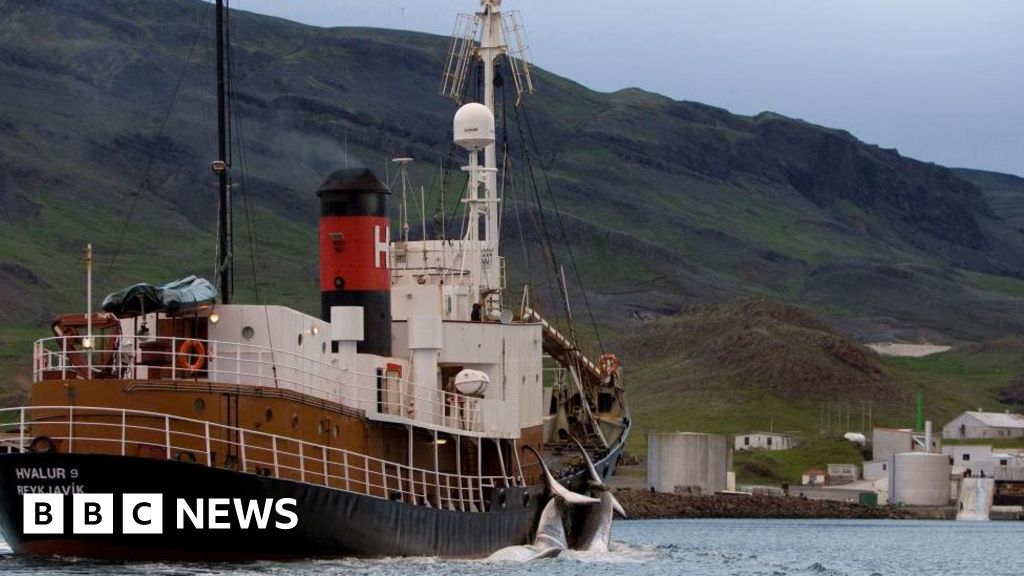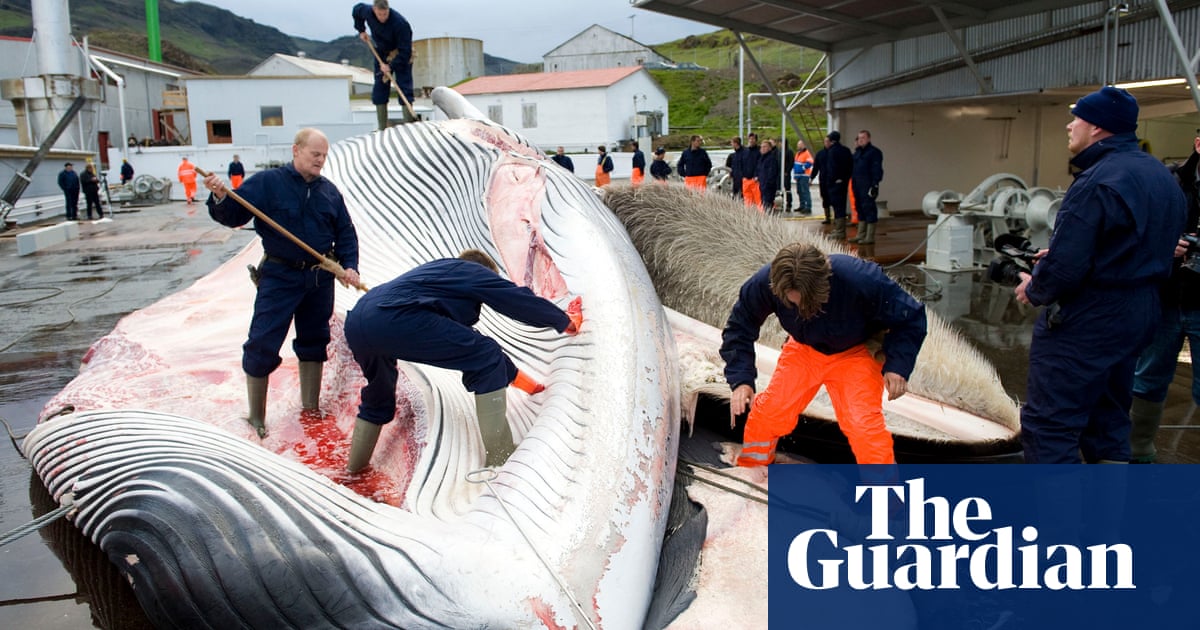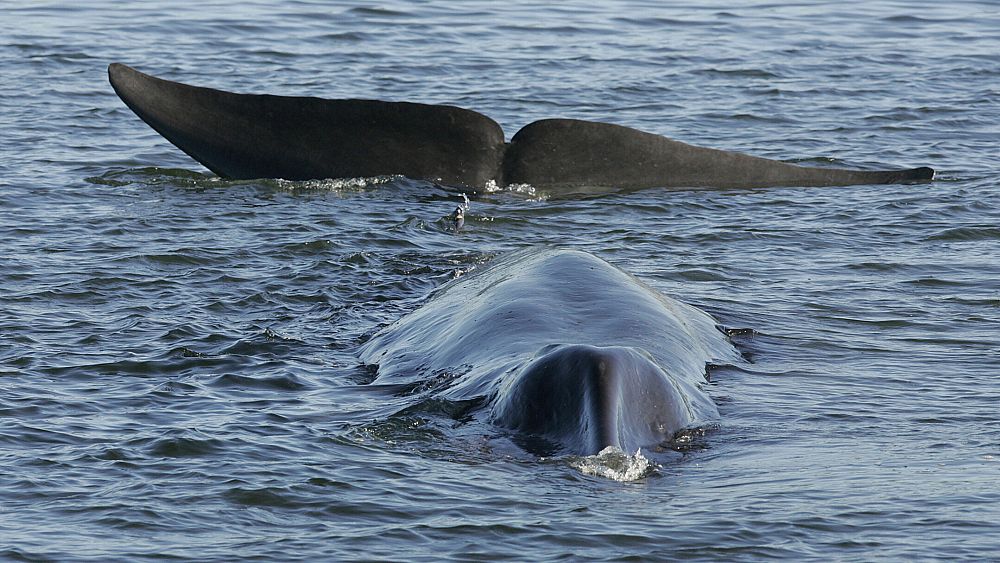Iceland has recently stirred controversy by lifting a temporary suspension on commercial whale hunting to resume. This decision has ignited shock from animal rights groups and environmentalists worldwide.
The move comes following a two-month break following worries about the cruelty inflicted on the hunted whales. The Icelandic government, however, has introduced a set of new regulations aimed at minimizing suffering during the hunt.

Also Read: Rare Blue Supermoon Lights Up Skies Around the World
Iceland has a long history of whaling, going back hundreds of years. The practice was an indispensable piece of the country’s economy and culture, giving both meat and different items got from whales.
However, in the late twentieth century, international pressure and declining populations led to a global ban on commercial whaling imposed by the International Whaling Commission (IWC) in 1986.
Despite this ban, Iceland proceeded with its whaling activities, provoking huge controversy and backlash from conservationists and animal welfare advocates.
The nation left the IWC in 1992 yet returned in 2002 with a reservation to the ban, allowing it to resume commercial whaling in 2006.
In June of this year, Iceland’s Food and Veterinary Authority gave a report that raised serious worries about the welfare of hunted whales. The report revealed that it often took hours for the whales to die after being harpooned, a clear violation of Iceland’s animal welfare legislation.
Also Read: Typhoon Saola Threatens China with Category 4 Winds
Thus, the nation’s Fisheries and Food Minister, Svandis Svavarsdottir, suspended whaling activities until the end of August, pending further investigation and potential reforms.
The suspension stirred hope among animal rights groups and conservationists that Iceland might permanently end its commercial whaling practices.
However, the government’s recent decision to lift the suspension has dashed those hopes and reignited the debate over the ethical and ecological implications of whaling.
Iceland’s decision to continue commercial whaling has been met with widespread condemnation. Animal rights groups, environmental organizations, and concerned citizens argue that this move disregards the suffering inflicted upon these majestic marine creatures.
Also Read: Hurricane Idalia Makes Landfall in Florida and Georgia
Opponents of whaling point out that it is impossible to conduct humane whale hunting at sea, regardless of any modifications or improvements in hunting methods. The utilization of grenade-tipped harpoons, as highlighted in the recent report, raises serious ethical and welfare concerns.
The hunted whales often suffer prolonged and agonizing deaths, which is a distressing violation of basic principles of compassion and animal welfare.
Stricter Regulations Introduced
- Enhanced Equipment and Training: Whalers will be expected to finish a course in whale biology, pain perception, and stress, with a focus on minimizing suffering during the hunt.
- Further developed Management: The Food and Veterinary authority and the Directorate of Fisheries will team up to build oversight and management of whale hunting activities.
- Detailed Instructions: Whalers will receive detailed instructions on how to harpoon the animals to ensure a quicker and more humane death.
- Reduction of Suffering: The government’s aim is to kill the whales as quickly as possible to reduce suffering.
While these guidelines address a positive development, critics argue that they are insufficient to address the fundamental ethical concerns surrounding whaling. The central issue remains: can commercial whaling ever be conducted without causing undue harm to these magnificent creatures?
Also Read: Emperor Penguin Chicks Die in Antarctic Sea Ice Melt



/cloudfront-us-east-2.images.arcpublishing.com/reuters/6P6RJGZOIRKMRBLF6TVB42622A.jpg)


















